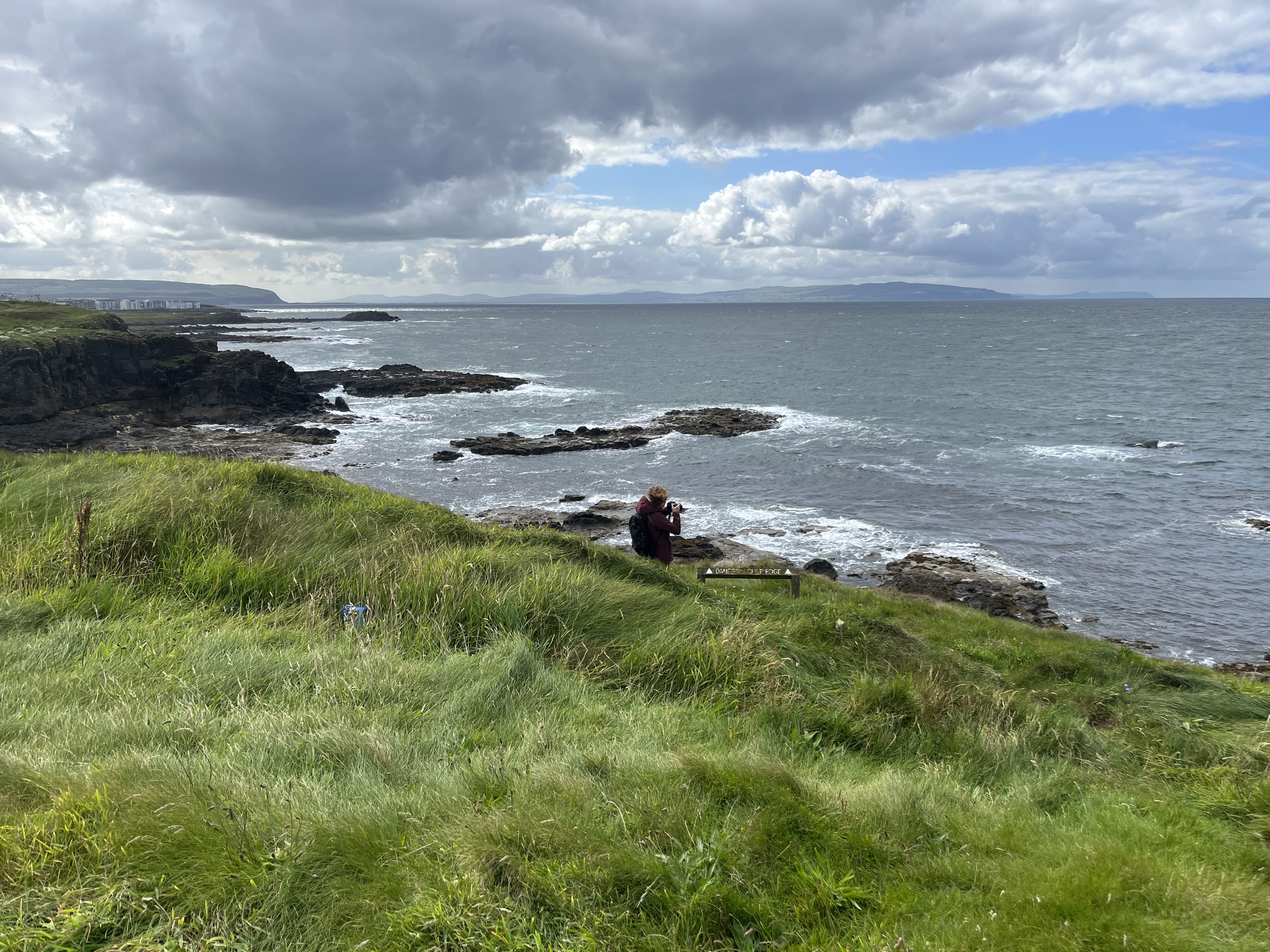A reading and a reflection
Ruth 1: 1-5
In the days when the judges ruled, there was a famine in the land, and a certain man of Bethlehem in Judah went to live in the country of Moab, he and his wife and two sons. The name of the man was Elimelech and the name of his wife Naomi, and the names of his two sons were Mahlon and Chilion; they were Ephrathites from Bethlehem in Judah. They went into the country of Moab and remained there. But Elimelech, the husband of Naomi, died, and she was left with her two sons. These took Moabite wives; the name of one was Orpah and the name of the other Ruth. When they had lived there for about ten years, both Mahlon and Chilion also died, so that the woman was left without her two sons or her husband.
Reflection
The Book of Ruth is written by a skilled story-teller. It is gripping. At the very beginning we are introduced to a particular very human family of displaced people and their fortunes as they struggle for survival in a world marked by famine, death, and patriarchal norms. A man, his wife and two sons, facing starvation, are forced to migrate from Bethlehem (ironically, the “house of bread”). They settle in Moab on the other side of the Dead Sea. Now given the long history of mutual animosity between Israel and Moab, this was the last place you would expect an Israelite to find sanctuary. Perhaps predictably, Elimelech and his family do not thrive. Elimelech dies, leaving Naomi a widow with two sons. The sons then marry Moabite women. However, their names suggest that all is not well – Mahlon means “weakening” and Chilion, “pining.” And in due course they too die, leaving Naomi a widow, without sons or grandsons, left without male protection in a foreign country. She has a stiff struggle ahead, though as we will see, this is within an overall framework of divine promise and blessing.
Despite differences of context, the plight of this particular family is similar to that of many families today. Today too, famine is a major trigger for migration; along with war, other climatic factors, personal persecution. The situation of men, women and children who are forced to flee their homes is usually desperate.
The story also reminds us that concern for the refugee is only part of a wider ethical vision that embraces widows, fatherless children and the poor. Care for the refugee may not be detached from other areas of social need when worsening economic factors give rise for many families to unimaginable deprivation.
Prayer
God of grace and love,
we pray for those who are forced to flee their homes for an uncertain future.
May we do what we can to alleviate their need.
Rouse us from the slumber of indifference
that we may seek a world where all can live in freedom, dignity and peace.
Through our Saviour Jesus Christ, Amen
AUG-8-SofS.jpeg



